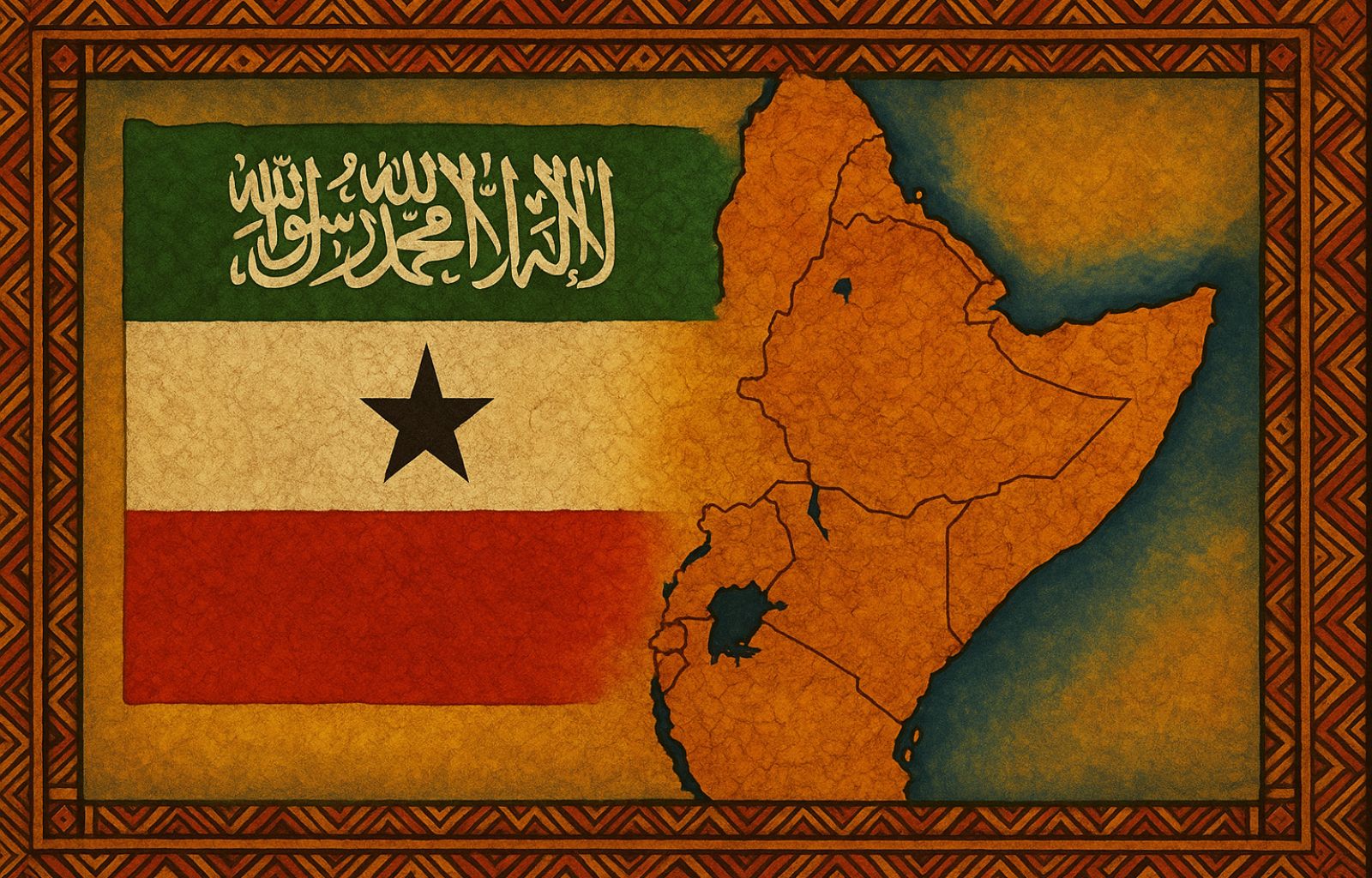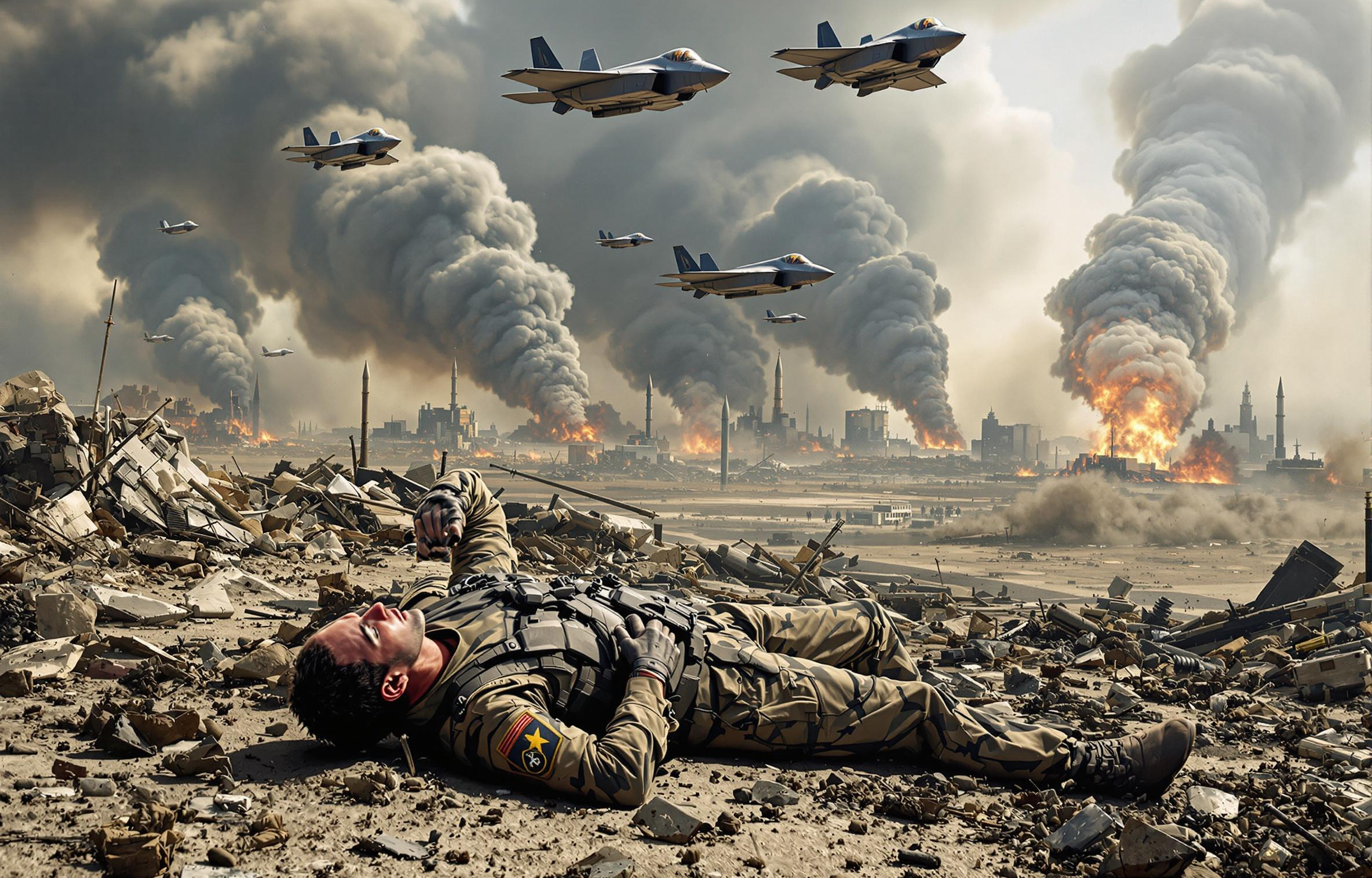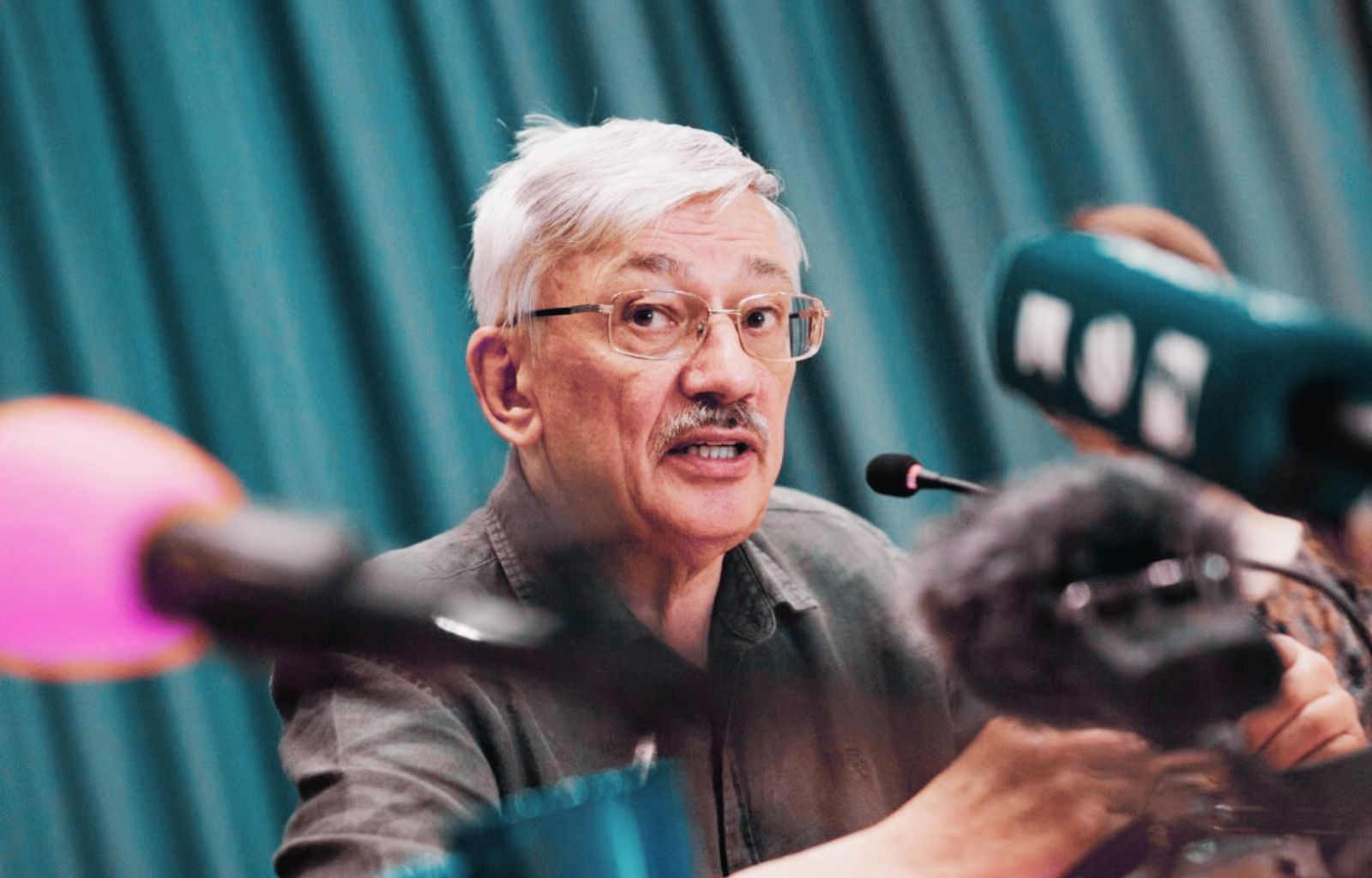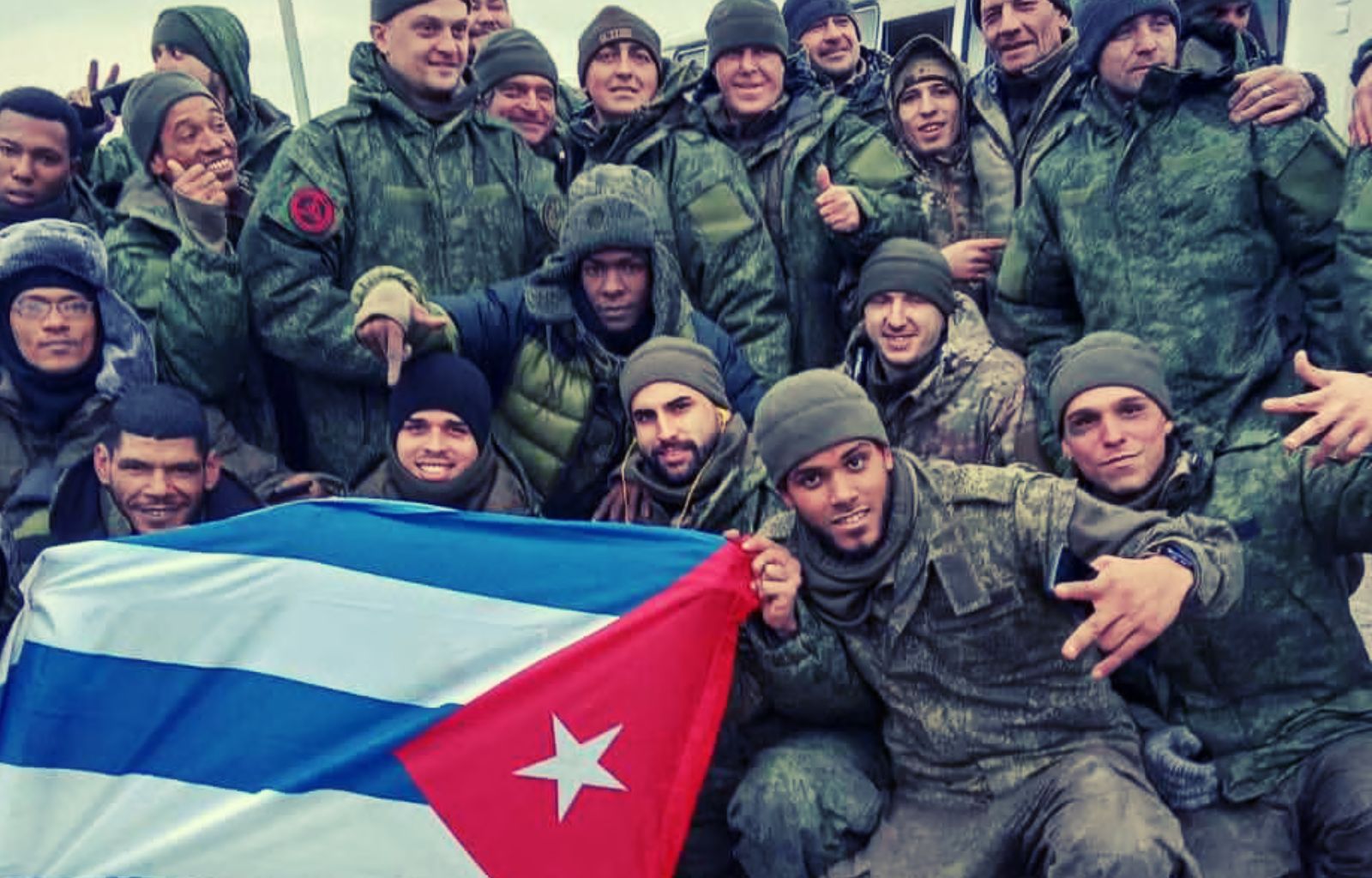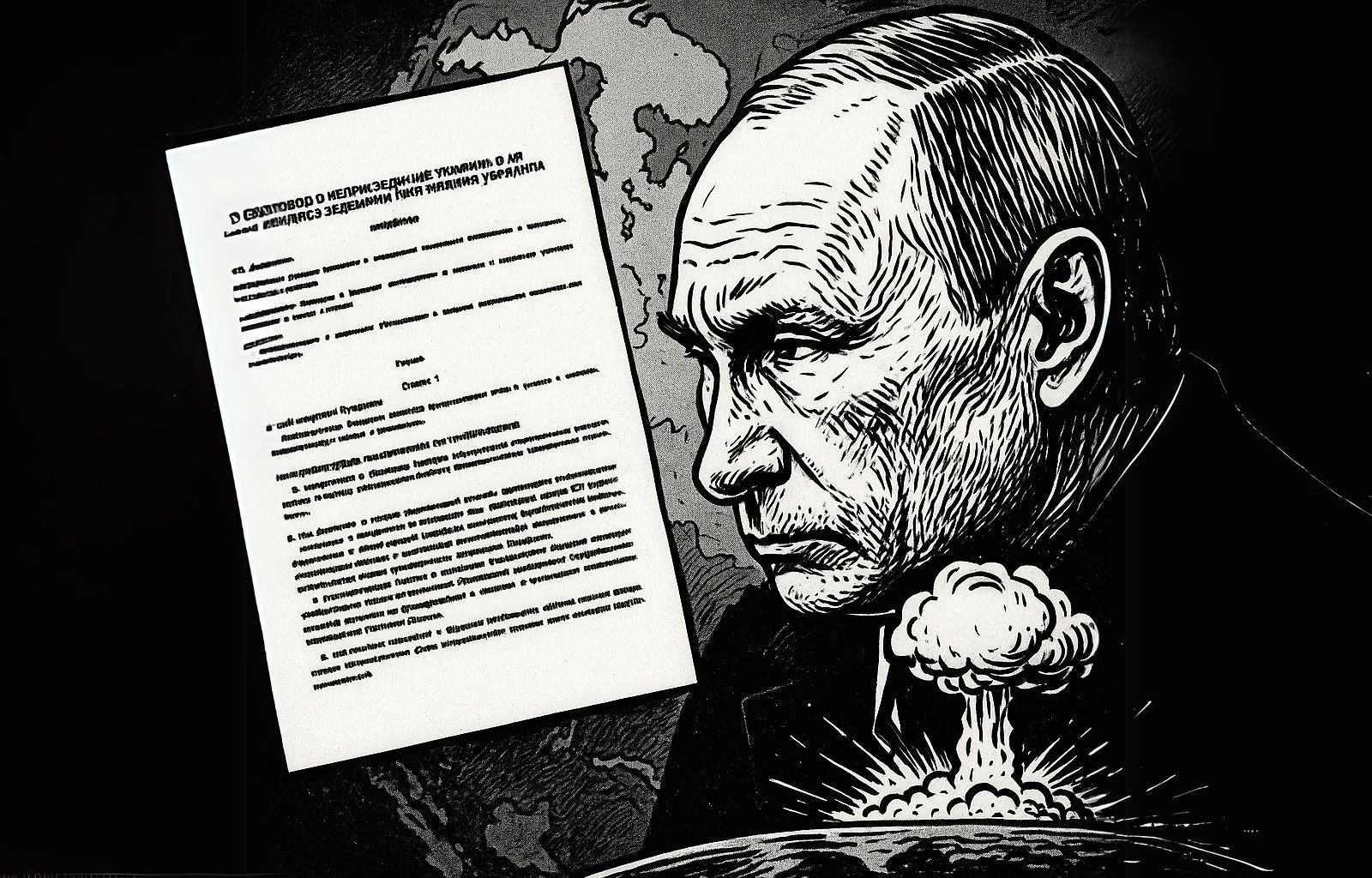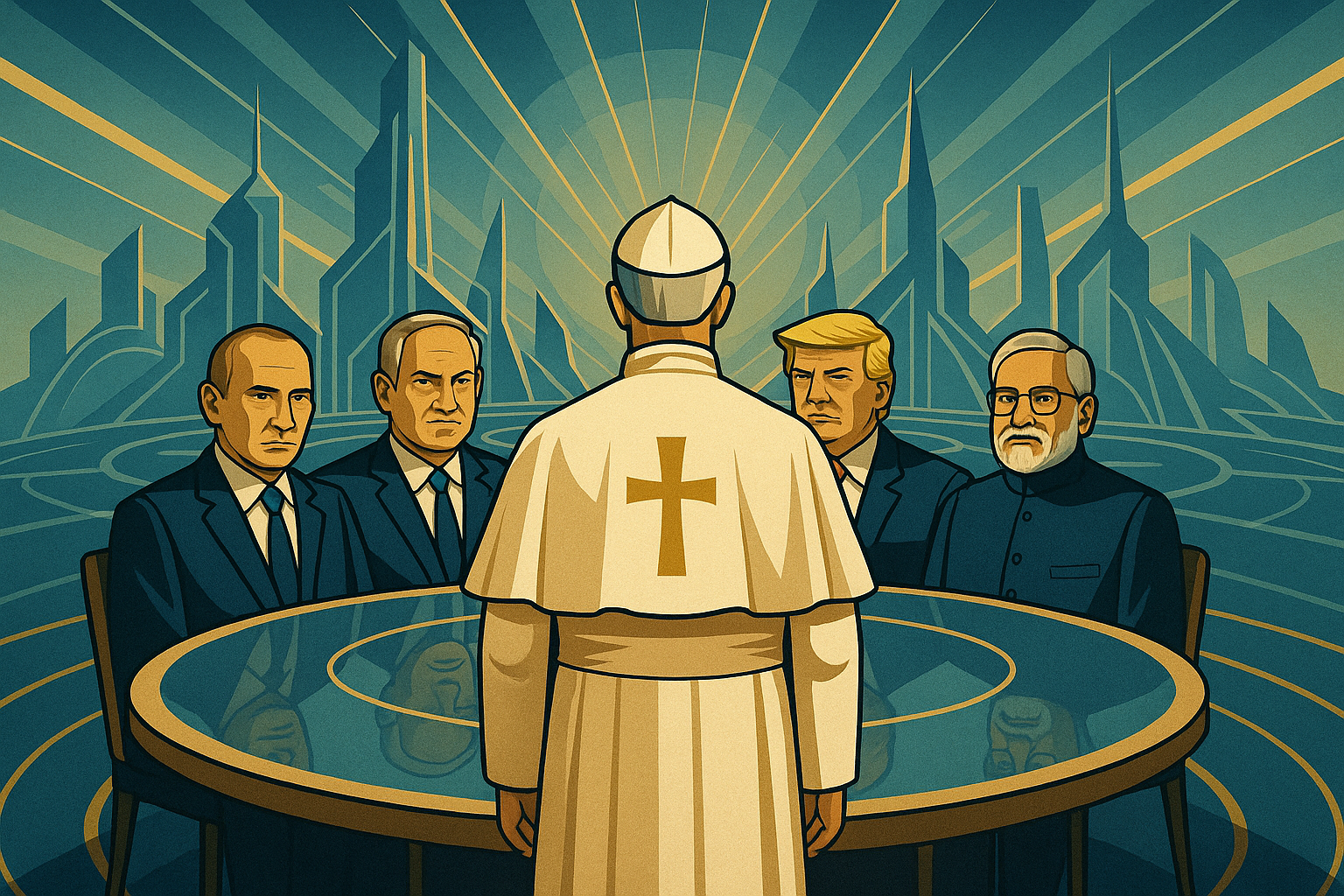Either with Israel or in the shadows: Bernard-Henri Lévy points to the West’s irreversible crossroads
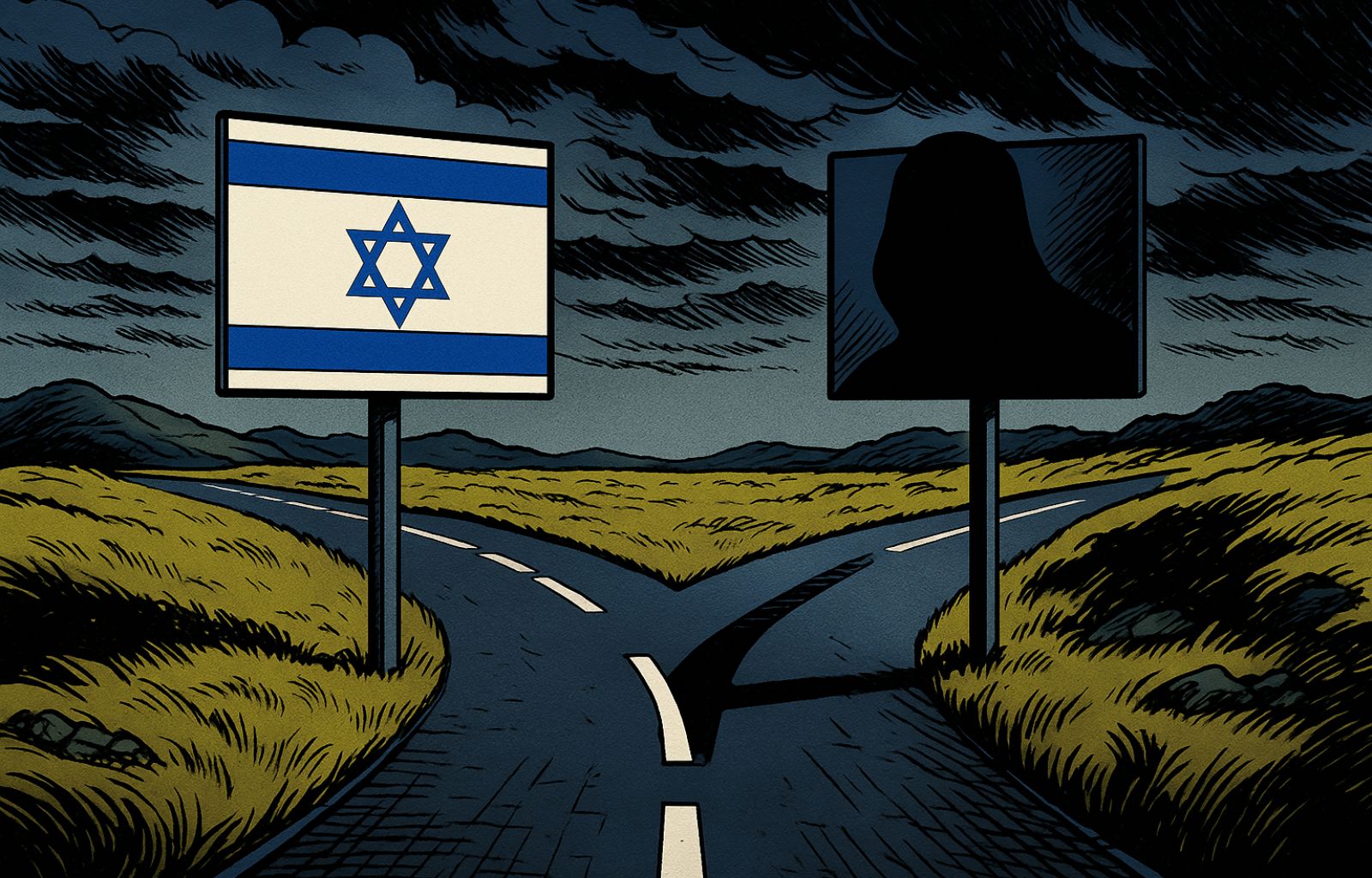
“This war between Israel and Iran is historic“. With these words, Bernard-Henri Lévy issued a warning that goes far beyond the immediate current events. In his recent post on X, the French philosopher states that if the United States and Europe do not support Israel with “all their might”, the totalitarian axis – made up of Russia, China, radical Islamists such as Pakistan, and perhaps in the future also Turkey – could intervene in favour of Tehran. From that moment, he writes, ‘we will enter another world, a new era in our history‘.
It is a message that, despite its dramatic nature, directly challenges the Western ruling classes. The war that has broken out between Tel Aviv and Tehran, with targeted bombing of nuclear sites and verbal and operational reactions on the Iranian side, marks a turning point. Not only in the fragile balance of the Middle East, but in global geopolitics.
A clash that goes beyond the Middle East theatre
In the framework evoked by Lévy, the current clash is not an isolated episode, but the symptom of a deep fracture between two universes. On the one hand, liberal democracies, fatigued but still rooted in principles of law and pluralism. On the other, an authoritarian bloc that, although heterogeneous, shares one ambition: to rewrite the rules of the international system to its own advantage.
Iran, supported by a long-standing anti-Western narrative, is now a strategic hub in this network. Moscow strengthens relations with Tehran in an anti-NATO key; Beijing, with its opaque pragmatism, continues to negotiate with everyone, but is in fact moving against Western hegemony. Pakistan remains an unknown quantity, while Ankara – although formally linked to the Atlantic Alliance – has been playing an autonomous game for some time now, oscillating between Islamist shores and neo-Ottoman impulses.
Europe between ambiguity and paralysis
For the European Union, the crossroads is always the same: remain a spectator to a growing disorder or finally become a geopolitical player. The continent’s chancelleries have so far adopted a low profile. Cautious declarations, generic appeals for de-escalation, but no real strategy. Yet, if we are really facing an epochal transformation, neutrality might turn out to be a fault, not a virtue.
At a time when Israel finds itself exposed to a systemic threat, Europe should question itself not so much about the moves of the Netanyahu government – which remain legitimately subject to criticism – but about its own role in a world where the balance between freedom and authoritarianism is in danger of breaking down.
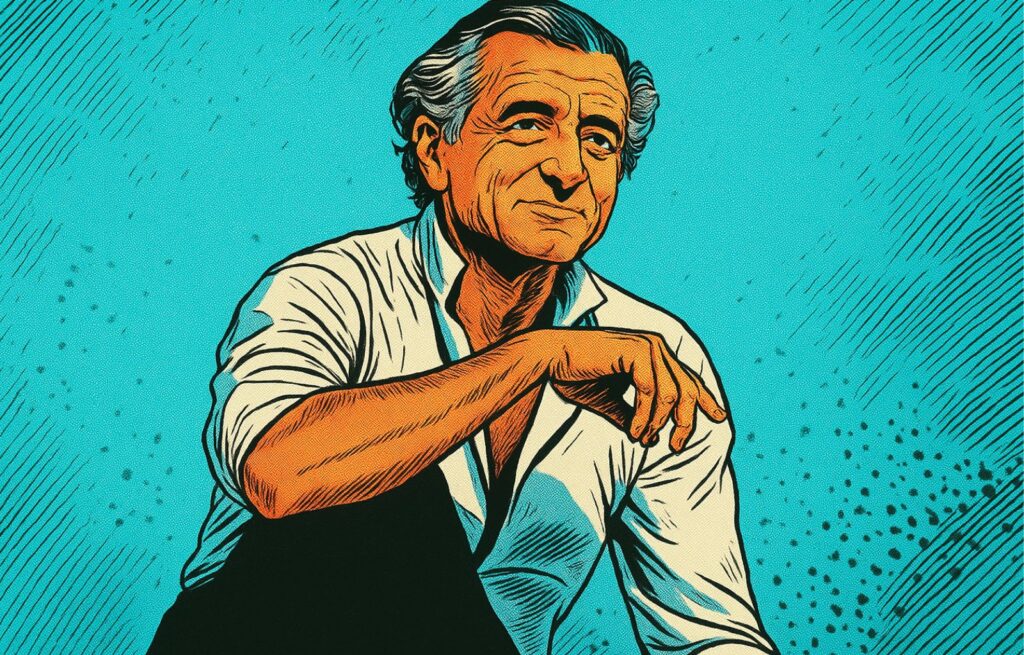
A question of identity
Defending Israel, in the current context, also means reaffirming the identity of the West as a space of democratic civilisation. Not a mechanical solidarity, but the awareness that the weakening of a historic ally, in the heart of a crucial region, would have profound repercussions on the very credibility of the liberal international order.
The West, already marked by internal divisions and a growing sense of bewilderment, cannot afford to appear irresolute. Any sign of hesitation is immediately exploited by regimes aiming to subvert the current equilibrium. The ‘new era’ of which Lévy speaks is not a metaphor: it is the possible scenario in which established norms, alliances and values lose their meaning.
The Threshold of the Future
This war, as the French philosopher suggests, is historic because it represents a threshold. Either the West rediscovers its cohesion, its vision, its strategic determination. Or it will be progressively marginalised, rendered irrelevant by powers that have no qualms about using force and manipulating chaos.
Europe now has the opportunity – and perhaps the last chance – to prove that its global aspirations are not just rhetoric. It needs decisions, courage, vision. Above all, we need to stop believing that history is over, and accept that the future is already being written, with or without us.


